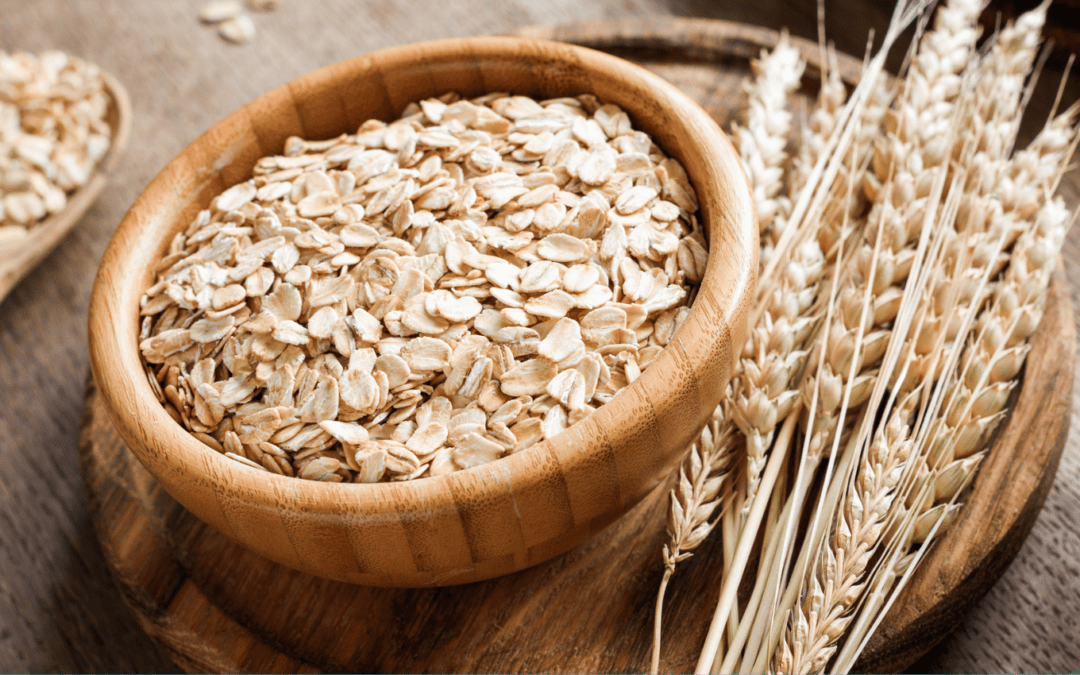In a study published in the Nutrients Journal, they state that “oats are considered a functional ingredient with prebiotic potential and contain plant proteins, unsaturated fats, and antioxidant compounds.”
Oats also contain a soluble fibre called beta-glucan. This fibre helps promote the growth of your healthy gut bacteria. Phenolic compounds which some studies show have antioxidant and anti-inflammatory properties are also found in oats and may provide some level of protection against coronary heart disease, colon cancer, and skin irritation.
The presence of lectins and the impacts they have on gut health has been a controversial topic. Experts have flip-flopped on their advice. Some claim lectins poke holes in your gut lining so should be avoided completely. Some experts say it’s all about moderation.
Because your gut microbiome is unique, so is the way you digest food. If you find that oats cause you digestive issues then try other grains and note how they make you feel. Your diet is personal.
Is it okay to eat oats every day?
Some people eat oats every day without issue. But there are a couple of things to be mindful of.
Nutritional diversity – a healthy diet for you and your gut bacteria is a varied diet. Eating too much of any one thing means you could be missing out on vitamins and minerals from other food stuff.
Other fibre sources – as with anything, balance is key with fibre. Not too much but not too little. Around 30g per day. Think of your fibre and variety intake across a day and not just per meal.
What are rolled oats?
Most porridge oats you can buy in the supermarket are rolled oats, also called old-fashioned oats. These are oat groats, softened by steaming and then rolled into flakes. They can be cooked in as little as 5-10 minutes when making porridge or can be eaten without cooking. They’re also digested slower than quick oats so will keep you feeling fuller for longer.


Recent Comments